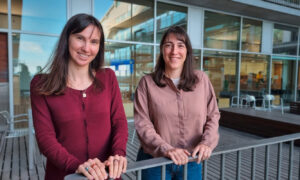
Stopping severe malaria by harnessing natural human antibodies
The findings of the study provide insights into vaccines or treatments to protect people from severe malaria.
SCIENCE & TECHNOLOGY2024
science-technology
Showing results out of

The findings of the study provide insights into vaccines or treatments to protect people from severe malaria.
SCIENCE & TECHNOLOGY2024
science-technology

EMBL’s site by the sea completed its fifth year of operations. We look back at some key milestones and achievements since 2017.
LAB MATTERS2023
lab-matters
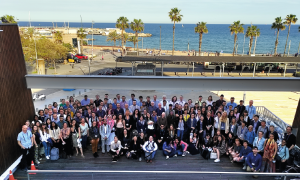
EMBL’s site by the sea hosted a trio of conferences this summer, covering topics ranging from vascular biology to engineered living systems to evolution.
CONNECTIONSLAB MATTERS2022
connectionslab-matters
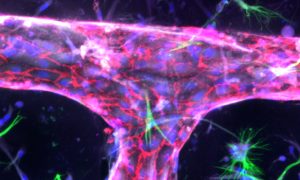
The Bernabeu Group aims to increase our knowledge of cerebral malaria, using in vitro engineered networks of human blood vessels and brain cells.
SCIENCE & TECHNOLOGY2021
picture-of-the-weekscience-technology
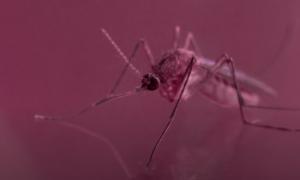
EMBL scientists support research on malaria by providing freely available data resources and using innovative experimental approaches. Our Course and Conference Office facilitates the exchange of knowledge in the field by hosting the annual BioMalPar conference.
SCIENCE & TECHNOLOGY2021
sciencescience-technology
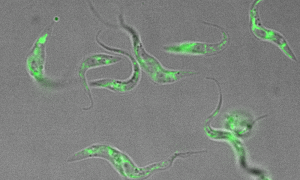
Members of the EMBL community are working to improve our understanding of the parasites that cause malaria and sleeping sickness
SCIENCE & TECHNOLOGY2020
sciencescience-technology
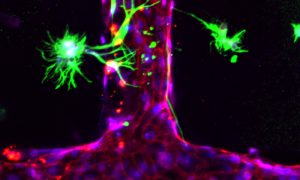
To help understand cerebral malaria the Bernabeu group has created in vitro engineered networks of human blood vessels.
SCIENCE & TECHNOLOGY2020
picture-of-the-weekscience-technology

Maria Bernabeu and Wojciech Galej have each been awarded €1.5 million to research malaria and pre-mRNA splicing, respectively.
EMBL ANNOUNCEMENTSLAB MATTERS2020
embl-announcementslab-matters

New group leader at EMBL Barcelona is investigating how malaria affects the human circulatory system
PEOPLE & PERSPECTIVES2020
people-perspectivesscience
No results found